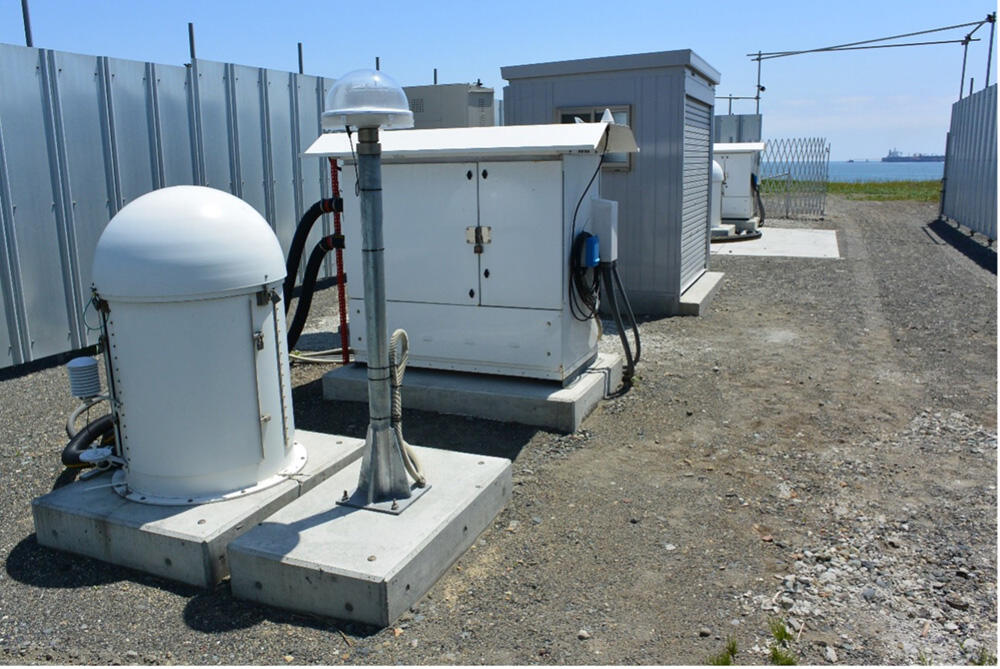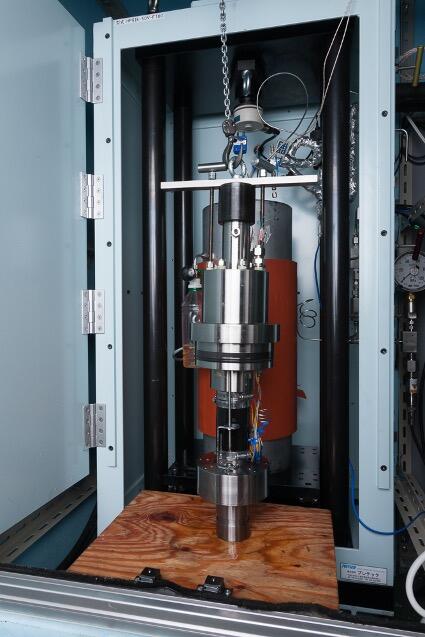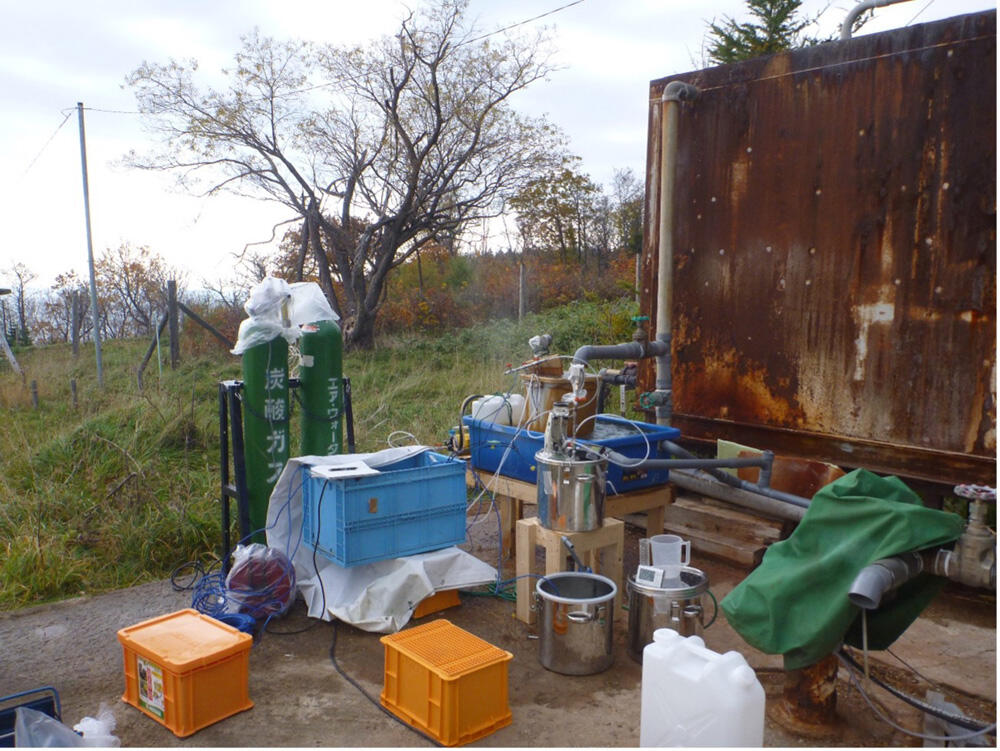CO2 Geological Storage to Mitigate Global Warming
-Helping Mitigate Global Warming through CCS-
Last Updated: April 13, 2021
With the aim of mitigating global warming, we are promoting research into the geological storage of CO2. Carbon capture and storage (CCS) is a promising technology that is expected to reduce CO2 emissions to the atmosphere by collecting CO2 emitted from large sources such as power plants and injecting it into porous strata at depths of 800 to 3000 m. Our research aims to ensure safe implementation of CO2 geological storage; it includes improvement of monitoring and modeling techniques for injected CO2 and studies of the hydraulic and geochemical characteristics of fluids containing CO2.
This research has become more important since the adoption of the Paris Agreement in 2015, as various efforts toward greenhouse gas emissions reduction have been accelerated. In Japan, the Tomakomai CCS demonstration project successfully achieved the injection of 300,000 tons of CO2 in 2019. In the United States, CO2 injection is already widely used for EOR (enhanced oil recovery) in depleted oil fields, and CCS is close to the stage of practical application. To accelerate our study, we are conducting some of our research at these test sites and are cooperating with overseas scientists.
The study of bio-CCS and risk assessment, including the possible benefits of bio-CCS, is part of our new research into CO2 geological storage. A recent AIST study has shown that CO2 injection can change the environment in oil reservoirs, promoting crude oil biodegradation and methane production by microorganisms present in the reservoirs.
Continuous gravity measurement using superconducting gravimeters at Tomakomai CCS demonstration site
Experimental setup for high-pressure fluid flow tests in a supercritical CO2-water system
(Photo by YASUTOMO Yasuhiro/GSJ)
Field reaction experiments of carbonate minerals in spring waters, as natural analogue of CO2 geological storage.




